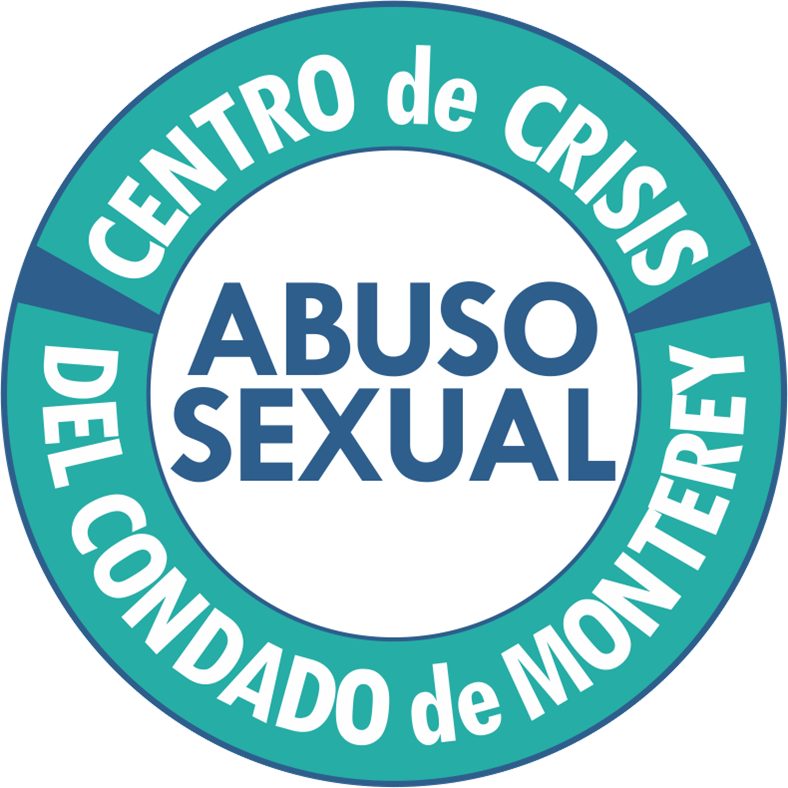Youth to the Front!
"I could feel the rage and heaviness building in the room and knew this was a lot for them to recognize that many of them experience more oppressions than privileges."
June 15, 2020
by Devan Haddad, Prevention Educator
I’m an educator working mainly with high school-aged youth. I’d like to share a story about how fellow educators can begin talking about privilege and oppression openly with students.
Here’s how I started that conversation:
In the My Life Club we cover a variety of topics - including privilege & oppression. When I decided I wanted to start talking about privilege and oppression with students, I was unsure how to go about it. I was well aware of my privilege as a White, cis-gendered, educated & documented person and knew that this topic was not optional.
The first time I spoke with students about privilege and oppression started with inviting them to share their knowledge about the topics. They gave thoughtful answers and mentioned gender and race privileges. I could feel the excitement growing in me as it became clear that they were really into this topic.
While researching how to integrate activities into this session, I came across a great worksheet from the California Partnership to End Domestic Violence that allowed students to work individually to think critically about the privileges and oppressions they experience. They diligently and individually worked through their worksheet.
Next, we had a discussion about what is systemic oppression and how we can actively push back against it to erase oppression. And we privileged folks can use that privilege for good outside of ourselves. I asked them to tell me about any shared characteristics that come to mind when thinking about people who hold power in the U.S. They named them off - White! Men! Rich! Straight! Cis-gendered! Able-bodied! Educated! Documented! All privileged identities. I could feel the rage and heaviness building in the room and knew this was a lot for them to recognize that many of them experience more oppressions than privileges.
We ended that session with hope and sharing how we each planned to gently care for ourselves that day. There is no denying my own privilege in this role working with youth. I am always honored and amazed by their openness to share, think critically and challenge the world. It is up to us, as educators, to create a space for students to share openly and honestly. We can model this ourselves.
As we all dig deeper in engaging in radical racial equality with Black people at the front of the movement, I encourage you all to truly listen to the youth in your lives. As adults it’s so easy for us to think they don’t truly see the world for what it is, but the reality is that they are probably more aware than we are and have so much to teach us if we are willing to learn.
